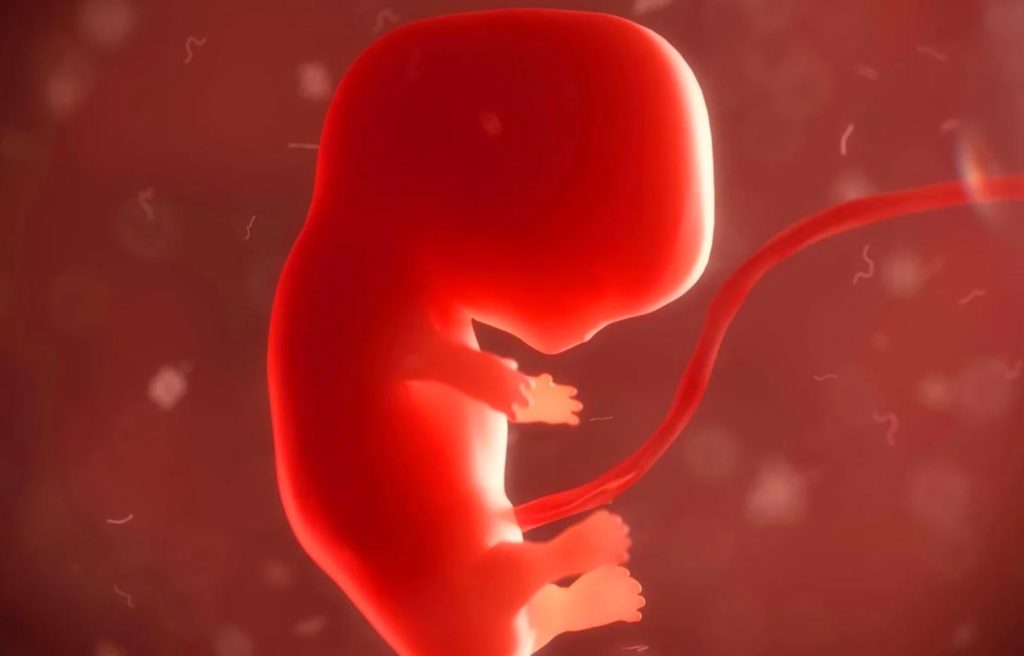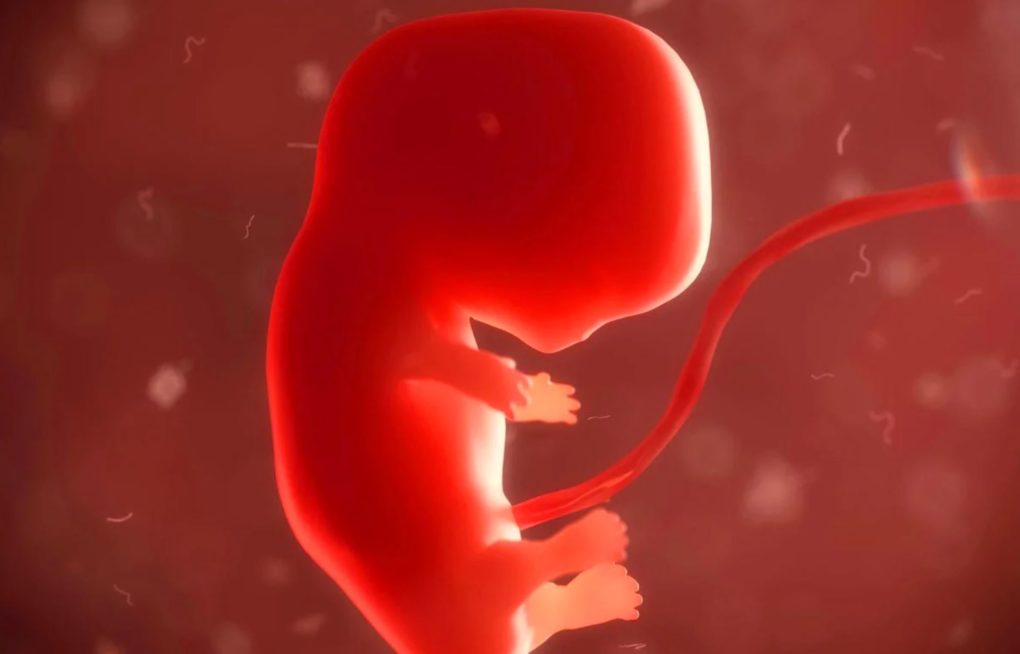Scientists Create First-Ever Embryos With Monkey and Human Cells
 By Elias Marat
By Elias Marat
For the first time, scientists have created embryos in a lab that contain the cells of both humans and monkeys.
Scientists hope that by creating chimeric embryos – embryos containing cells from two distinct species – they might be able to create organs for people who desperately need transplants.
Over 100,000 people in the United States alone are currently on a waiting list for organ transplants crucial to saving their lives, but the supply of donor organs has dropped significantly since the pandemic began unfolding.
Widget not in any sidebars
Researchers have attempted to inject human stem cells into the embryos of pigs and sheep in recent years in hopes of growing organs for transplants, but this hasn’t yielded positive results. Scientists are hoping that by turning to macaque monkeys, which share a greater genetic similarity to humans, they may have more success.
In a study published Thursday in the journal Cell, researchers in the U.S. and China injected 25 pluripotent stem cells from humans into embryos from macaque monkeys.
After one day, the researchers detected human cells beginning to grow in 132 of the embryos. They embryos ultimately survived for 19 days.
However, bioethicists have raised concerns about the potential for abusing medical regulations that currently govern the treatment of animal and human subjects, as well as the possibility that a rogue scientists might potentially spike living creatures with human cells.
Natural and Non-Toxic Products. Up to 50% Off – Every Day (Ad)
“My first question is: Why?” Kirstin Matthews, a science and technology fellow at Rice University’s Baker Institute, told NPR. “I think the public is going to be concerned, and I am as well, that we’re just kind of pushing forward with science without having a proper conversation about what we should or should not do.”
Researchers insist that the study serves purely humanitarian goals that could save countless lives in the future.
“This work is an important step that provides very compelling evidence that someday when we understand fully what the process is we could make them develop into a heart or a kidney or lungs,” said University of Michigan professor Jeffrey Platt, who was not involved in the study.
Source: The Mind Unleashed



